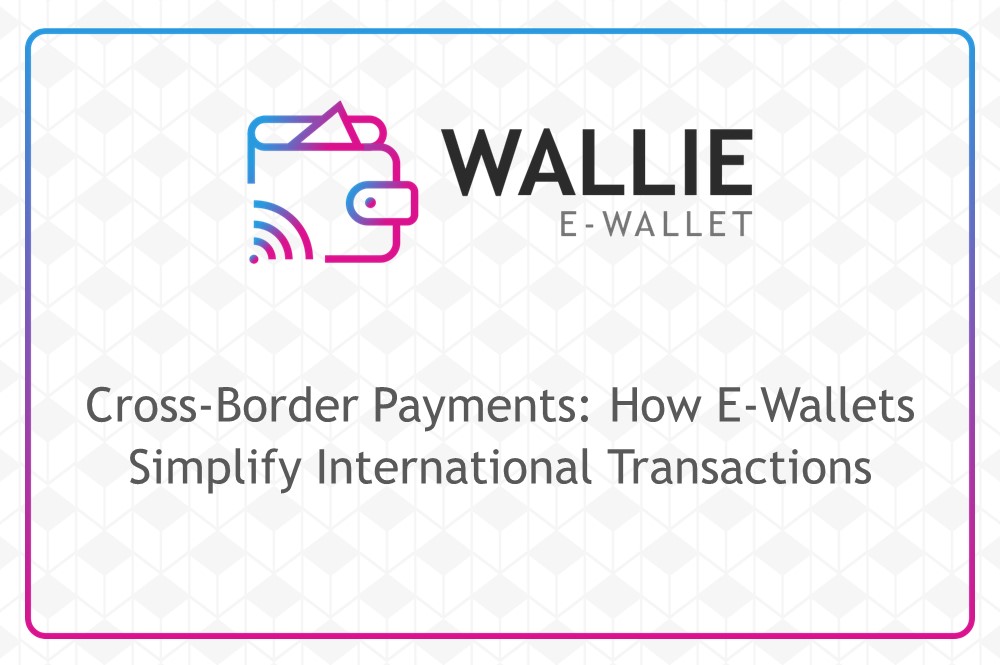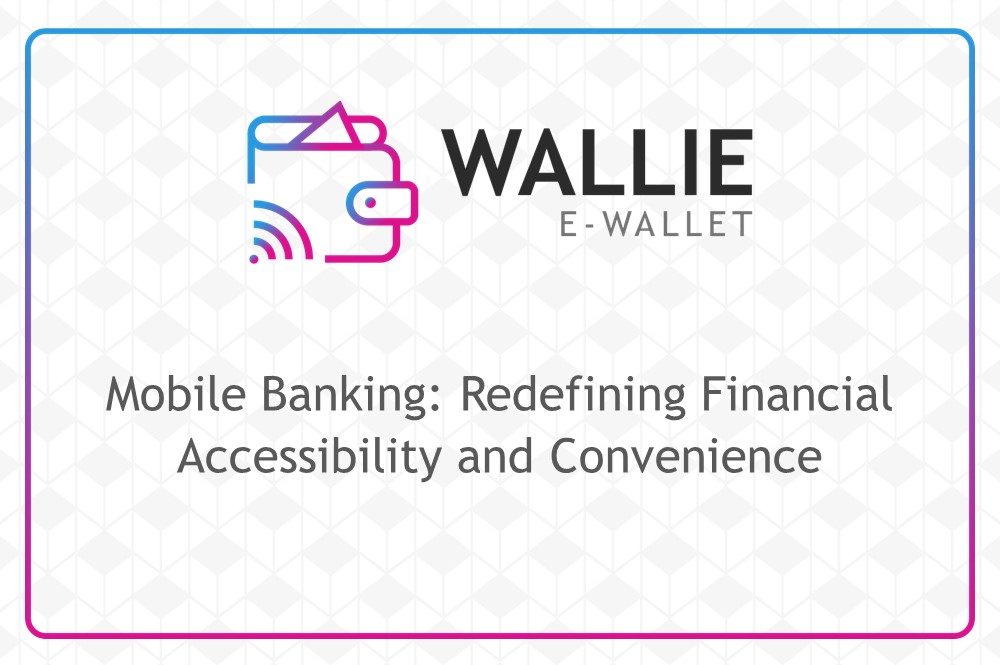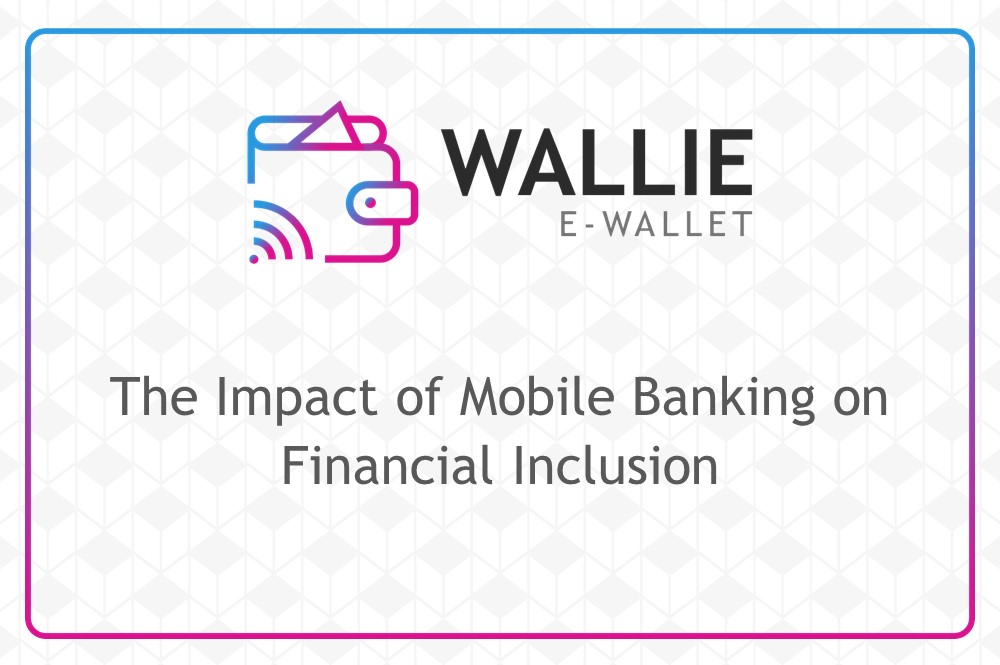Cross-Border Payments: How E-Wallets Simplify International Transactions
Oct 15, 2024 - 2 MINS READ

In today's globalized economy, the demand for efficient cross-border payment solutions is growing rapidly. E-wallets have emerged as a transformative technology that simplifies and accelerates international transactions, offering several distinct advantages over traditional banking methods. Here's a closer look at how e-wallets streamline cross-border payments:
Speed and Efficiency:
E-wallets enable swift transfers of funds across borders, often processing transactions within minutes. This speed is a significant improvement over traditional bank transfers, which can take several days to complete. Businesses and individuals benefit from quicker access to funds, enhancing financial liquidity and operational efficiency.
Convenience and Accessibility:
With e-wallets, users can initiate and manage international payments conveniently from their smartphones or computers. This accessibility eliminates the need for physical visits to banks or currency exchange offices, making cross-border transactions accessible anytime, anywhere.
Cost-Effectiveness:
E-wallets typically offer competitive exchange rates and lower transaction fees compared to traditional banks. By reducing intermediary costs and overhead expenses associated with currency conversion, e-wallets provide a cost-effective solution for businesses and individuals conducting international transactions.
Security and Transparency:
E-wallet platforms prioritize security through advanced encryption and authentication protocols. These measures protect users' financial information and transaction data, ensuring secure cross-border payments. Real-time tracking features also enhance transparency, allowing users to monitor the status of their transactions securely.
Integration with Global Financial Networks:
Many e-wallet providers collaborate with international payment networks and financial institutions worldwide. This integration enables seamless fund transfers across different currencies and jurisdictions, supporting global business operations and facilitating international trade.
Regulatory Compliance:
E-wallets adhere to stringent regulatory standards, including anti-money laundering (AML) and know your customer (KYC) requirements. Compliance with these regulations ensures that cross-border transactions are conducted safely and legally, fostering trust and reliability among users.
Support for Global Commerce:
For businesses, e-wallets streamline processes such as payroll management, supplier payments, and customer refunds across multiple countries. These platforms offer scalable solutions that cater to the complex needs of global business operations, promoting efficiency and growth.
Conclusion:
E-wallets represent a paradigm shift in cross-border payments by offering speed, convenience, affordability, security, and global accessibility. As businesses and individuals increasingly embrace digital financial solutions, e-wallets will continue to play a pivotal role in enhancing the efficiency and inclusivity of international transactions in the modern economy.







